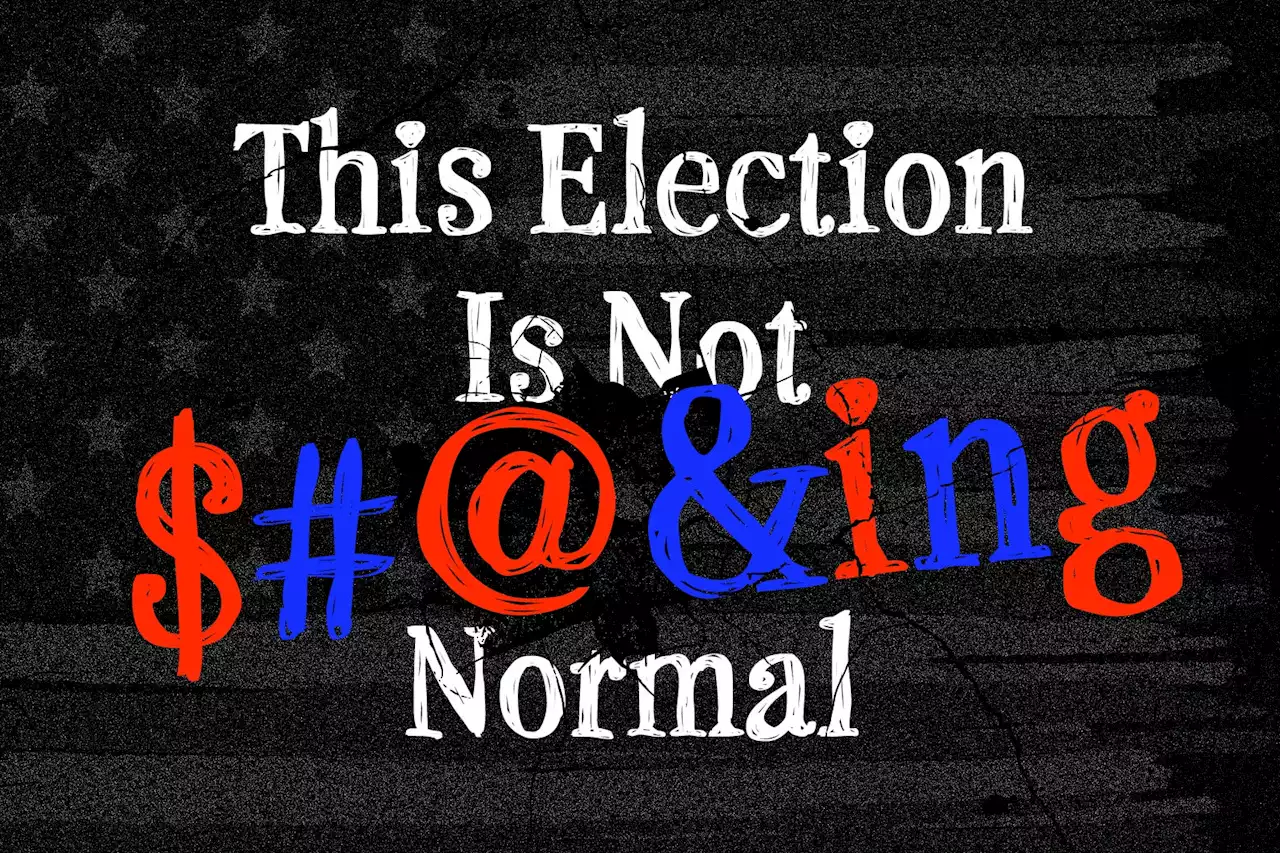U.S. rates at 7% could push the U.S. economy into a recession, triggering risk aversion in financial markets.
Since March 2022, the U.S. Federal Reserve has raised the benchmark borrowing cost by 525 basis points to the 5.25%-5.5% range to tame inflation. The so-called liquidity tightening cycle was partially responsible for last year's crypto market crash.
Per Dimon, the Fed may have to keep raising rates to subdue persistent inflation and impending upticks in the borrowing cost will likely be more damaging to the global economy. "Going from zero to 2% was almost no increase. Going from zero to 5% caught some people off guard, but no one would have taken 5% out of the realm of possibility," Dimon said, during an interview with the Times of India."I am not sure if the world is prepared for 7%."
"If they are going to have lower volumes and higher rates, there will be stress in the system," Dimon added. Rates at 7% with stagflation or persistent high inflation and joblessness would increase the risk of U.S. economy falling into a recession, an undesirable outcome for risk assets like technology stocks and cryptocurrencies. Besides, continued tightening would lift the already elevated U.S. Treasury yields to multi-decade highs.
United States Latest News, United States Headlines
Similar News:You can also read news stories similar to this one that we have collected from other news sources.
 The 2020 Election Was a Nightmare. 2024 Will Be Something Else.No one is ready—no one could be ready—for what's coming.
The 2020 Election Was a Nightmare. 2024 Will Be Something Else.No one is ready—no one could be ready—for what's coming.
Read more »
 Boruto's Sarada Proves Why She'll Never Be Hokage With One SentenceSarada Uchiha is not yet ready to be lead ninja.
Boruto's Sarada Proves Why She'll Never Be Hokage With One SentenceSarada Uchiha is not yet ready to be lead ninja.
Read more »
 Recipes for Happiness May Not Work for the Chronically IllHere's an attempt to remedy this.
Recipes for Happiness May Not Work for the Chronically IllHere's an attempt to remedy this.
Read more »
 Pneumonia, Not Just Inflammation, May Cause Severe COVIDNew research from Northwestern University and the University of Wisconsin, however, is pointing to bacterial pneumonia as the cause of many severe COVID deaths.
Pneumonia, Not Just Inflammation, May Cause Severe COVIDNew research from Northwestern University and the University of Wisconsin, however, is pointing to bacterial pneumonia as the cause of many severe COVID deaths.
Read more »
 Theories about the natural world may need to change to reflect human impactNew research, reported today in Nature Ecology & Evolution, has for the first time validated at scale, one of the theories that has underpinned ecology for over half a century. In doing so, the findings raise further questions about whether models should be revised to capture human impacts on natural systems.
Theories about the natural world may need to change to reflect human impactNew research, reported today in Nature Ecology & Evolution, has for the first time validated at scale, one of the theories that has underpinned ecology for over half a century. In doing so, the findings raise further questions about whether models should be revised to capture human impacts on natural systems.
Read more »
